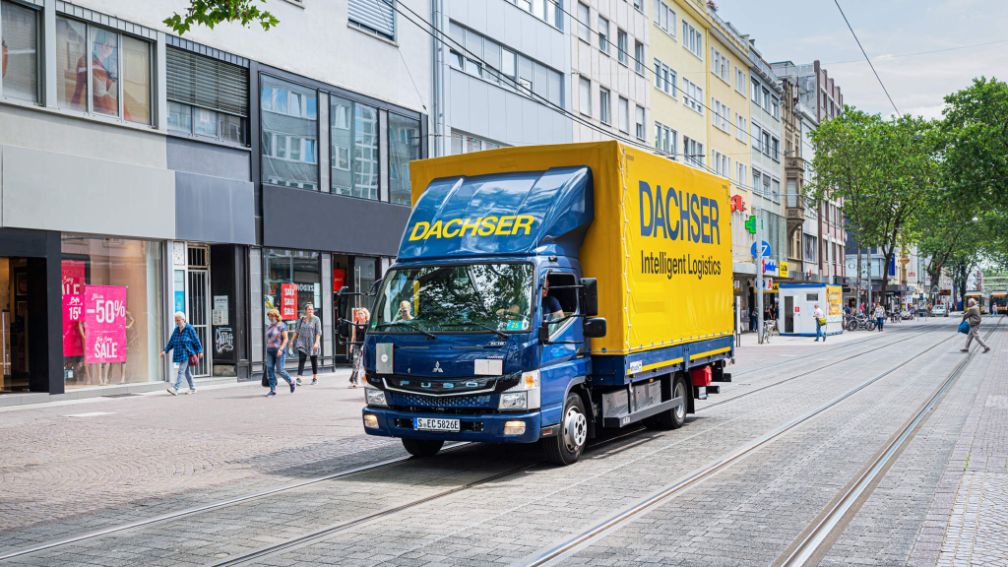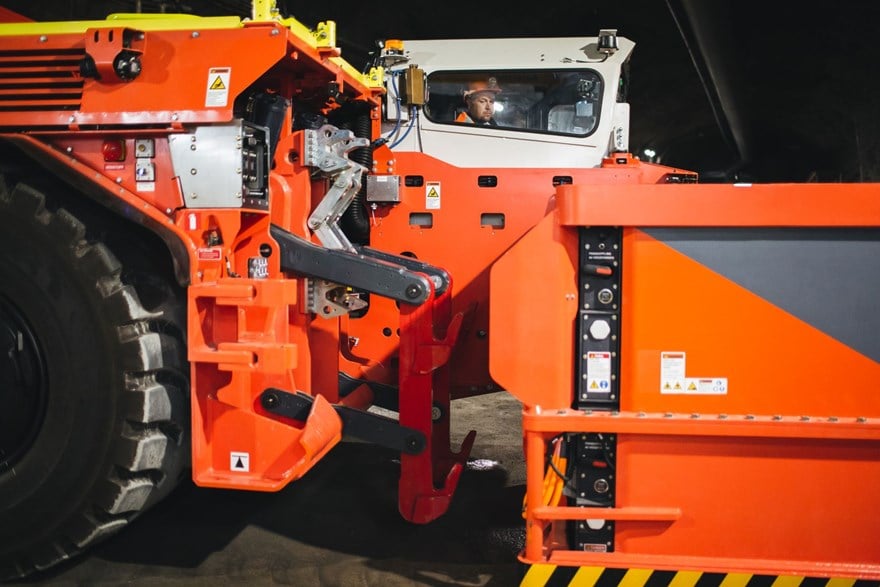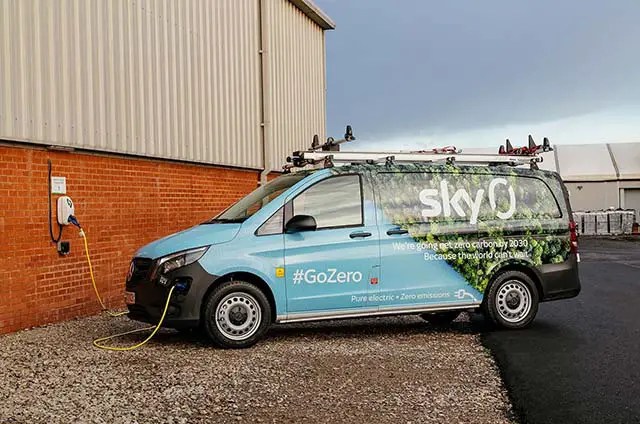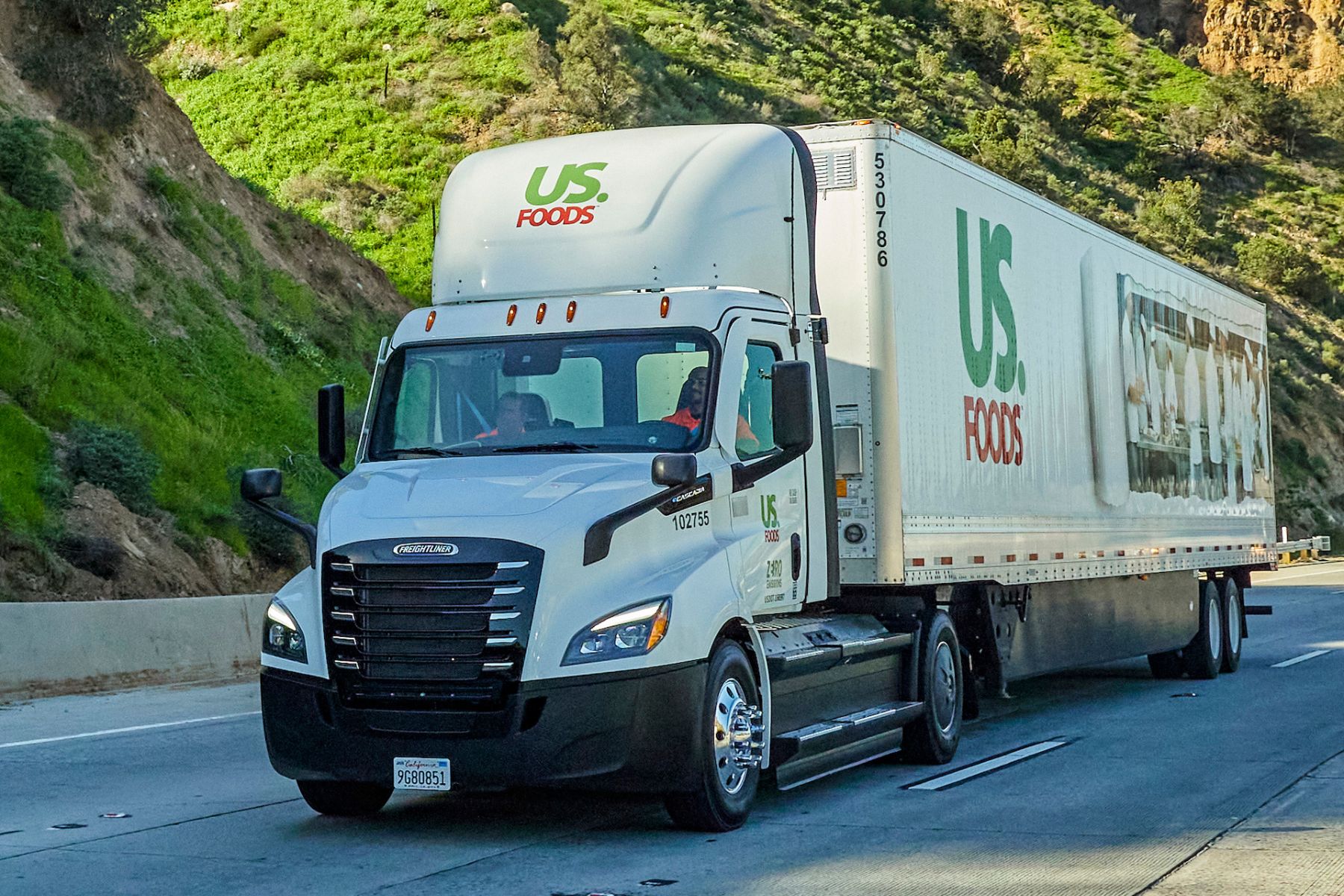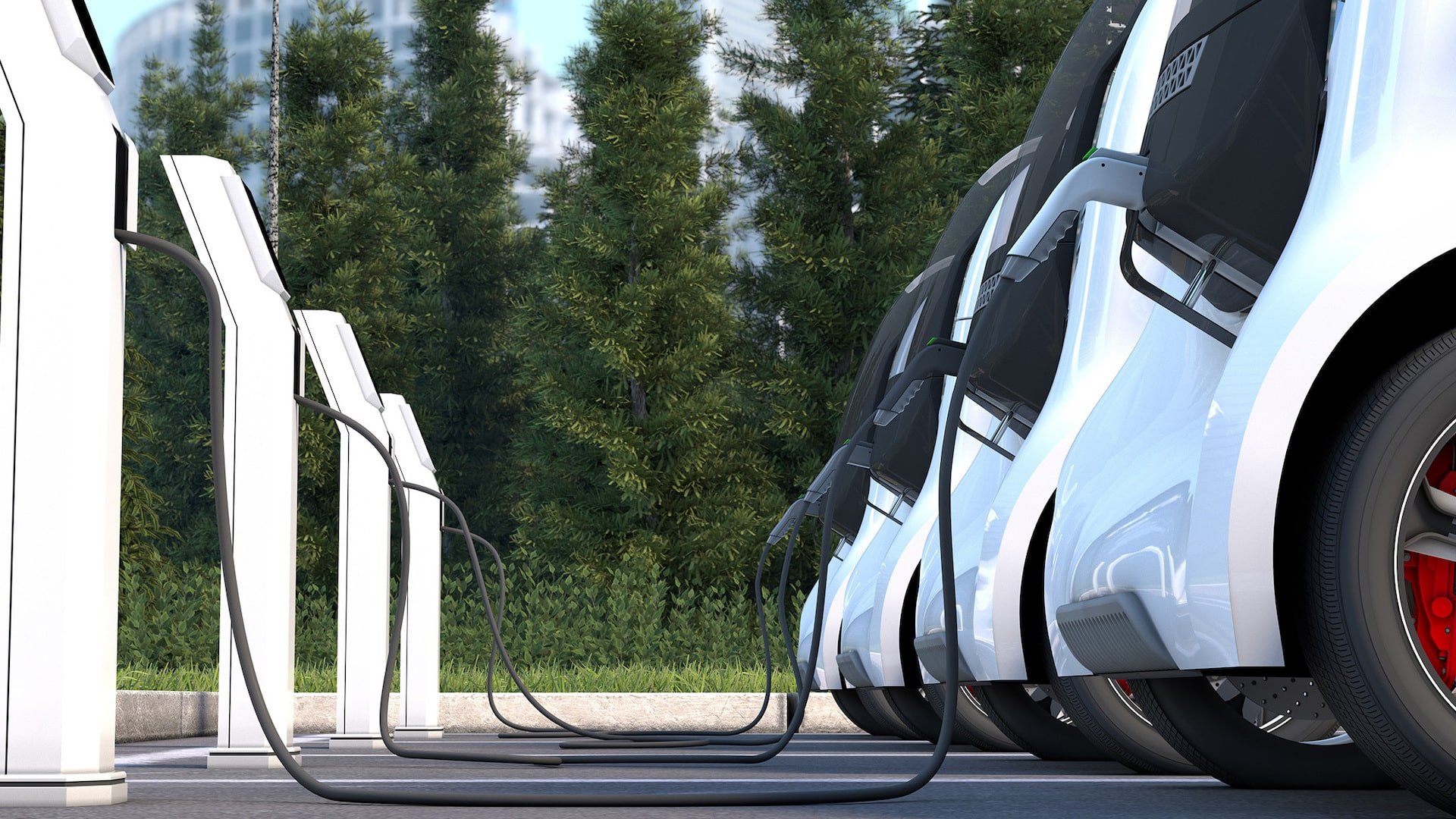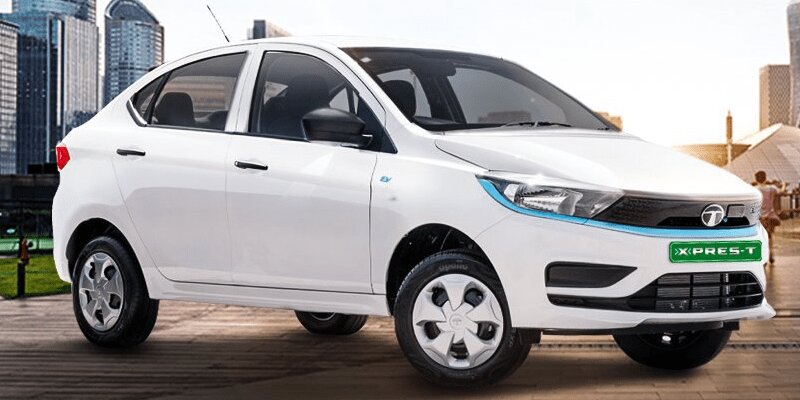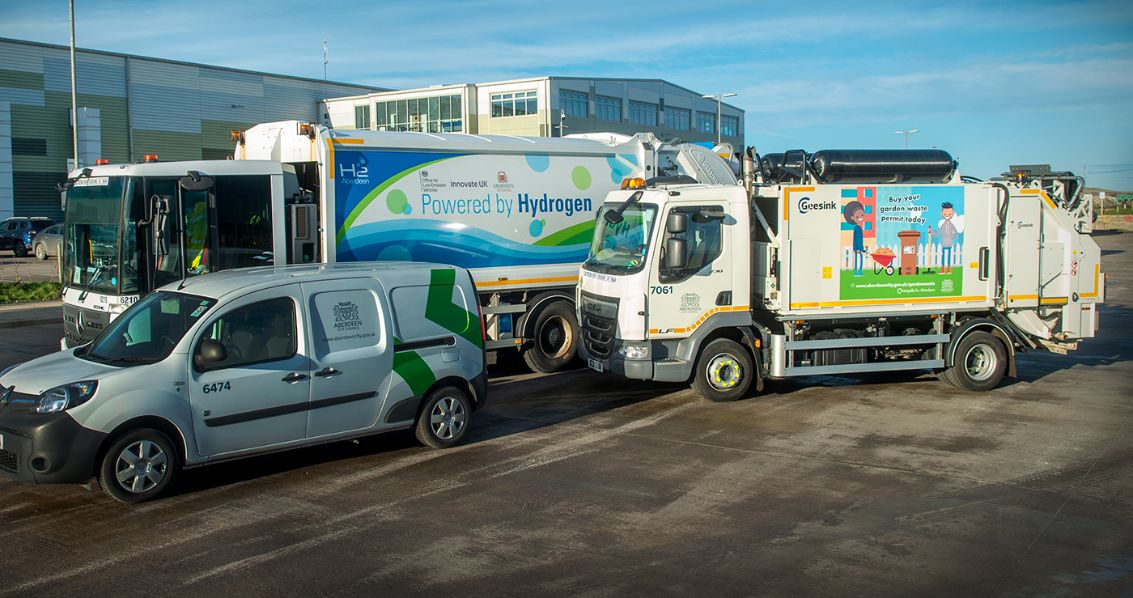Dachser, a German logistics company, has revealed plans to expand its emission-free delivery services to ten additional European cities by 2025. The company already operates delivery hubs with electric vehicles in major cities such as Berlin, Paris, and Madrid.
Dachser aims to add ten more cities to this list over the next four years. In May 2021, the company announced its goal to provide zero-emission deliveries in eleven EU cities by the end of 2022. The company plans to increase this number to 22 cities by 2024, following the successful completion of a pilot project involving twelve cities in less than 20 months.
See also: Add 2 electric trucks, logistics company Dachser uses Mitsubishi Fuso eCanter
“Dachser Emission-Free Delivery proves that we can make groupage deliveries for the last mile emission-free. What started as a research project is now an established part of our business operations, lighting the path to more sustainable city logistics.” said Stefan Hohm, Chief Development Officer (CDO) at Dachser
Dachser is facing a common challenge among market players – the availability of zero-emission vehicles and charging infrastructure, as it expands beyond its research project. However, the Chief Operations Officer Road Logistics at Dachser, Alexander Tonn, is optimistic that as vehicle manufacturers increase their production capacity, electric trucks will become more widely available, enabling the company to plan rollouts in at least ten more cities by 2025.
Dachser has not disclosed which vehicles it plans to use, but it is well-prepared for any potential bans on combustion engines in major cities. The company has already ordered 50 eActros LongHaul electric trucks, which were previously impacted by limited availability, and is currently focusing on major European cities where its European Logistics business line already has a branch.
See also: Everything You should know about two new Cenntro electric vans
The company’s Dachser Emission-Free Delivery concept was initially launched in Stuttgart, Germany, using a mix of battery-electric vans and trucks as well as electrically assisted cargo bikes. Thanks to its modularity, the concept is considered suitable for all European cities, and the company plans to expand the concept to at least ten more cities by 2025, as requested by its customers.

